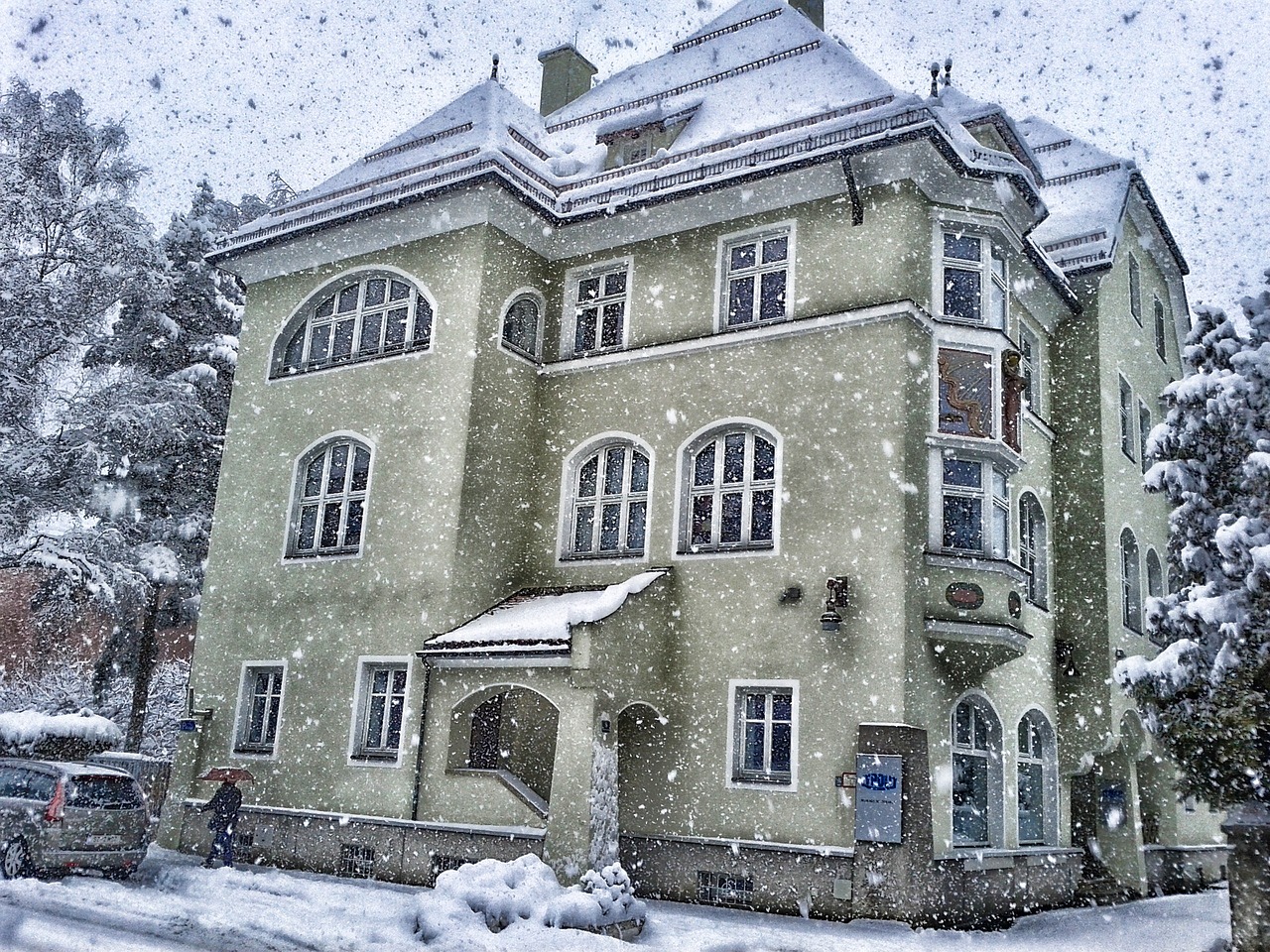Austria Video
Maintaining Work-Life Balance in Austria
Austria is known for its high quality of life and emphasis on maintaining a healthy work-life balance. With a strong economy and a culture that values personal well-being, Austrians have developed effective strategies for juggling their professional and personal lives. In this article, we will explore various aspects of maintaining work-life balance in Austria, including flexible working hours, vacation policies, and cultural norms.
Flexible Working Hours
Austria has a progressive approach to working hours, with a focus on flexibility and employee well-being. Many companies offer flexible working arrangements, such as part-time work, job sharing, and telecommuting options. This allows employees to adjust their schedules to accommodate personal commitments and maintain a healthy work-life balance.
- Part-time Work: Part-time work is a common arrangement in Austria, allowing employees to work fewer hours per week than a standard full-time position. This provides individuals with more time for personal pursuits and family responsibilities.
- Job Sharing: Job sharing involves two or more individuals sharing the responsibilities of a full-time position. This arrangement provides flexibility and allows employees to divide their workload while maintaining a balance between work and personal life.
- Telecommuting: Telecommuting, or remote work, is becoming increasingly popular in Austria. It allows employees to work from home or other locations outside of the office, reducing commuting time and providing a better work-life balance.
Vacation Policies
Austria has generous vacation policies that contribute to a healthy work-life balance. The standard annual leave entitlement is 25 days per year for full-time employees, although some companies offer even more. Additionally, Austrians enjoy numerous public holidays throughout the year, providing additional time off to relax and recharge.
- Annual Leave: The standard annual leave entitlement of 25 days allows employees to take extended breaks and plan vacations without compromising their work commitments.
- Public Holidays: Austria has several public holidays, including Christmas, Easter, and national celebrations. These holidays provide opportunities for individuals to spend time with family and engage in leisure activities.
- Sick Leave: In Austria, employees are entitled to sick leave when they are unwell. This ensures that individuals can prioritize their health and well-being without the fear of negative repercussions at work.
Cultural Norms
Austrian culture places a strong emphasis on maintaining a healthy work-life balance, and this is reflected in various cultural norms and practices.
- Leisure Time: Austrians value their leisure time and prioritize activities such as spending time with family and friends, engaging in hobbies, and enjoying outdoor pursuits. This commitment to leisure fosters a positive work-life balance.
- Café Culture: Austrians have a rich café culture, which encourages relaxation and socialization. Taking breaks to enjoy a coffee or meal at a café is a common practice and contributes to a balanced lifestyle.
- Outdoor Recreation: Austria’s stunning natural landscapes provide ample opportunities for outdoor recreation. Austrians value spending time in nature, whether it’s hiking, skiing, or simply enjoying the beauty of their surroundings.
Austria Image 1:

Work-Life Balance Initiatives
In addition to the cultural norms that promote work-life balance, Austria has implemented various initiatives and policies to support individuals in maintaining a healthy equilibrium between work and personal life.
- Childcare Support: Austria provides comprehensive childcare support, including subsidized daycare centers and parental leave. These measures enable working parents to balance their professional obligations with their responsibilities as caregivers.
- Employee Benefits: Many companies in Austria offer additional employee benefits to promote work-life balance. These may include wellness programs, flexible spending accounts, and access to recreational facilities.
- Employee Assistance Programs: Employee assistance programs offer counseling and support services to employees, helping them navigate personal challenges and maintain well-being both inside and outside the workplace.
Austria Image 2:

Stress Management
Managing stress is crucial for maintaining a healthy work-life balance, and Austrians have adopted various strategies to cope with work-related pressures.
- Workplace Wellness: Many companies in Austria prioritize workplace wellness initiatives, such as yoga classes, meditation sessions, and stress management workshops. These programs help employees reduce stress levels and enhance their overall well-being.
- Time for Self-Care: Austrians recognize the importance of self-care and dedicate time to activities that promote relaxation and rejuvenation. This may include engaging in hobbies, practicing mindfulness, or participating in recreational activities.
- Supportive Work Environment: A supportive work environment plays a vital role in stress management. Employers in Austria strive to create a positive workplace culture that encourages open communication, collaboration, and work-life balance.
Austria Image 3:

Conclusion
Austria’s commitment to maintaining a healthy work-life balance is evident in its flexible working hours, generous vacation policies, and cultural norms. The emphasis on personal well-being, coupled with various initiatives and stress management strategies, creates an environment that supports individuals in achieving a harmonious integration of work and personal life. By prioritizing work-life balance, Austrians are able to lead fulfilling lives both inside and outside of the workplace.
References
- Austria Wirtschaftsservice. (2021). Working in Austria. Retrieved from wko.at
- European Commission. (2021). Working Time in Austria. Retrieved from ec.europa.eu
- Government of Austria. (2021). Public Holidays. Retrieved from oesterreich.gv.at
- International Labour Organization. (2021). Flexible Work Arrangements: A Toolkit for Successful Implementation. Retrieved from ilo.org
- OECD. (2021). OECD Better Life Index: Austria. Retrieved from oecd.org


